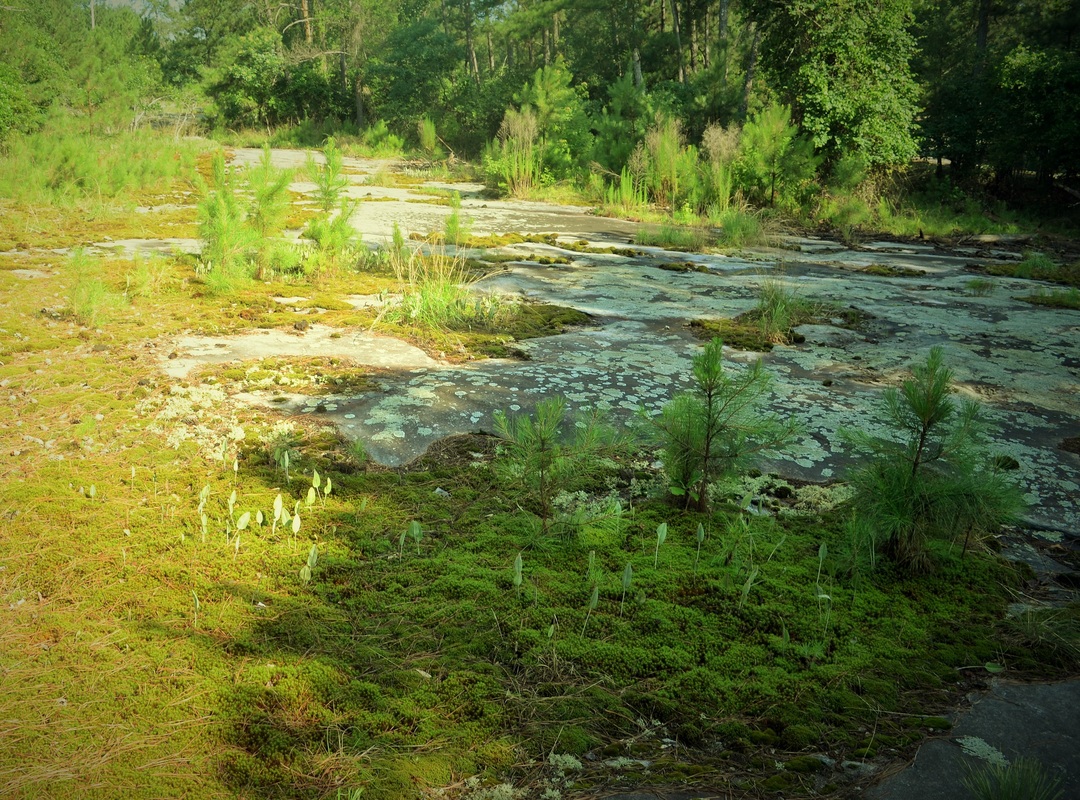Since writing my first novel, I've had to face the idea that what we write about can develop in the world around us, not necessarily causing, but contributing to it. This idea is presented as a clear desire to find worth or lack of worth when evaluating whether moral fiction is art and worthy of its development. John Gardner talks not just in terms of the artist but of the critic and the responsibilities both have for looking not just at a moral problem but at the consequences of how dealing with the problem will play out.
For instance, To Kill a Mockingbird by Harper Lee, raises the question of human rights in the eyes of law and in the eyes of community and in the eyes of the young protagonist. This novel was published during the Civil Rights movement and played into the views people held about segregation and the assumption of guilt or innocence. Did it cause the deaths of people who took part in the Civil Rights movement? Did it isolate issues that helped lead to policy changes? These kinds of questions are what John Gardner discusses as part of the problem of Moral Fiction and the responsibility of art.
A second problem he develops is the idea of art being developed unconsciously or consciously and the effect it has on the reader. He mentions three artists, Tolstoy, Dante, and and how at low points in their life, they wrote pieces that influenced their later development of their ideas. All were depressed and down and readers had to deal with their pain.
A third problem of art is the question of how self-improvement is conveyed and the idea that it could aid others by proposing a model. He mentions Freud's work, which has been found helpful by providing a structure for discussing and evaluating ideas about the mind but that some of the work had been found to not be helpful in later years.
This is all the further I have read in the book, but I feel it also has Implications for writing creative nonfiction. He mentions that morality can be viewed either secularly or in religious thought and also has begun to highlight the many ways people have looked to solve unsolveable problems. Here, the idea of appealing to an image of an "angel", someone pure and good, to whom one addressed the issues and found emotional decisions is offered as a solution. This same idea of viewing one's thoughts about one's life via an audience is offered up as one of the values of self analysis or reflection by way of memoir.
I still have more to read but I am finding it helpful.




 RSS Feed
RSS Feed